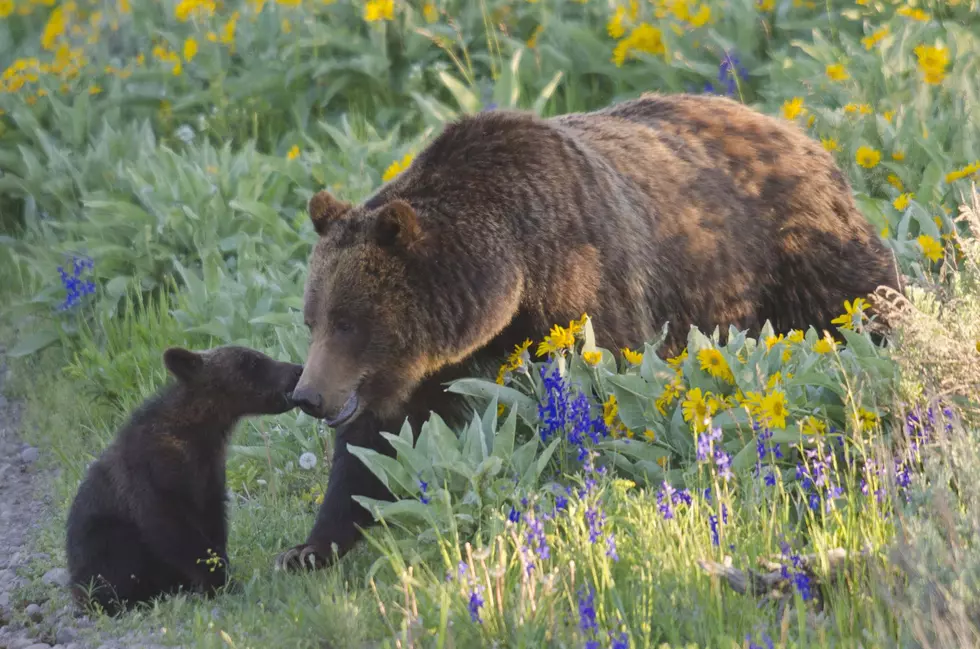
Gianforte asking federal government to reconsider changes to endangered species rules
HELENA (KPAX) - Gov. Greg Gianforte has called a proposed change to U.S. endangered species rules “significant federal overreach” and called for it to be withdrawn.
Gianforte submitted a letter to the U.S. Fish and Wildlife Service (USFWS) last month, sharply criticizing their proposal to allow “experimental populations” of endangered or threatened species to be introduced outside their historic range.
Gianforte this week also appealed the Burean of Land Management's decision to allow bison to graze on American Prairie.
“The proposed revision, removing the limitation on where experimental populations can be relocated, is an egregious move beyond the authority bestowed upon the Service,” he said in the letter. “If Congress had intended to permit the action the Service now seeks to facilitate, it would have expressly given that authority in the ESA [Endangered Species Act]. It did not.”
Currently, the USFWS is able to designate experimental populations to be released into suitable natural habitat that is outside of a species’ current range, but still within its “probable historical range.”
The agency said in its justification for the proposal that it was intended to address the impact of climate change.
“We have since learned that climate change is causing, or is anticipated to cause, many species' suitable habitat to shift outside of their historical range,” it said. “In addition, other threats such as invasive species may also reduce the ability of habitat to support one or more life history stages within the species' historical range. Therefore, it may be necessary and appropriate to establish experimental populations outside of the species' historical range to provide for their conservation and adapt to the habitat-related impacts of climate change and other threats.”
Gianforte said in his letter that the proposed change goes against how USFWS has generally interpreted its own authority, infringes on states’ sovereignty and could open the door to other negative consequences.
“It is the height of hubris for the Service to presume that it can successfully introduce experimental populations to new ecosystems, outside their historic ranges, where there is no historic evidence supporting survival,” he said.
“The relationships that evolve between a species and its ecosystem over generations of occupancy are complex, to say the least. Entire careers are spent researching individual species and their ecosystems, only to find more questions that have yet to be answered. To introduce experimental populations to new ecosystems renders the experimental population nothing more than an invasive species, threatening the natural balance within the ecosystem unaccustomed to its presence.”
The Gianforte administration has been critical of USFWS’ handling of endangered species policy. Gianforte’s letter says several recent changes should be analyzed again, since they could have larger impacts in conjunction.
The administration has asked the agency to delist grizzly bears — currently protected as a threatened species in the lower 48 states — as their numbers increase and more conflicts are reported.
